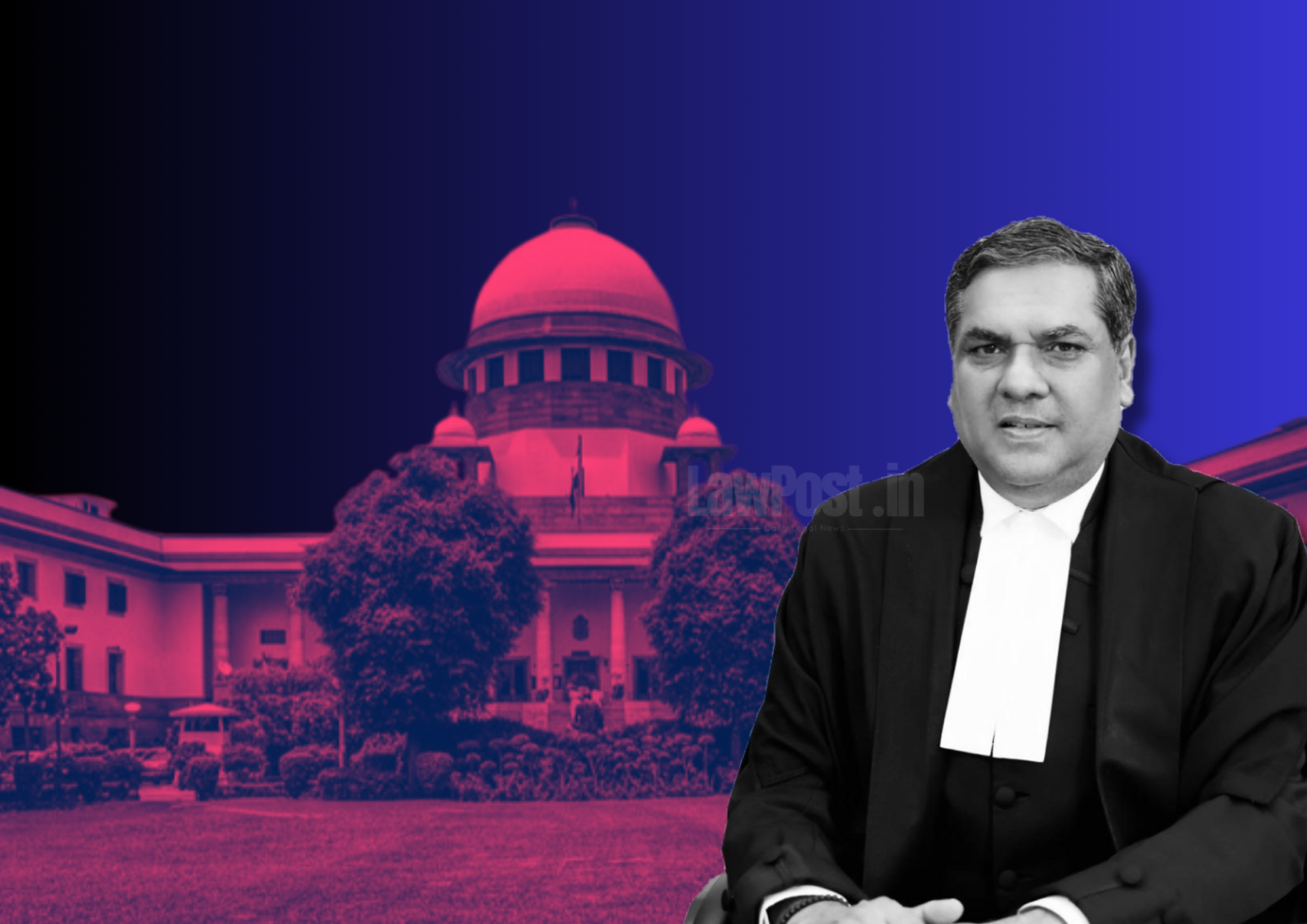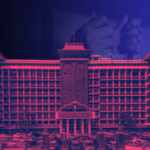In a landmark ruling, the Supreme Court of India on Thursday directed trial courts to refrain from passing any effective orders or conducting surveys against existing religious structures in cases disputing their religious character. The Court’s decision is based on the Places of Worship (Special Provisions) Act of 1991, which explicitly prohibits the institution of such suits. The Court emphasized that these proceedings cannot continue until the validity of the law is settled.
The Bench, comprising Chief Justice of India (CJI) Sanjiv Khanna and Justices PV Sanjay Kumar and KV Viswanathan, noted that the law, affirmed by the Supreme Court in the Ayodhya verdict, aims to preserve the status of religious structures as they stood on August 15, 1947, thereby barring legal disputes over their religious character.
“As the matter is sub-judice before this court, we deem it fit to direct that no fresh suits shall be registered or proceedings be ordered. In the pending suits, courts would not pass any effective or final orders,” the Bench said. The Court further clarified, “When a matter is pending before us, is it just and fair for any other court to examine it?”
The decision has significant implications, as it directly affects at least 18 ongoing suits concerning religious sites. These include well-known cases such as the Shahi Jama Masjid in Sambhal, Gyanvapi Mosque in Varanasi, Shahi Eidgah Masjid in Mathura, and Ajmer Dargah in Rajasthan. Hindu groups have filed suits claiming that these mosques were built over ancient temples, but Muslim parties have invoked the Places of Worship Act, asserting that such disputes cannot be legally entertained.
The Court’s order prevents the registration of new suits and prohibits any further legal action in the existing cases, pending its judgment on the law’s validity. The petitioners have challenged the constitutional validity of the Places of Worship Act, with BJP leader Ashwini Upadhyay arguing that the Act perpetuates the legacy of invaders who took over religious sites, thus denying Hindus, Jains, Buddhists, and Sikhs legal remedies.
The Court also instructed the Union Government to file its counter-affidavit in the matter within four weeks. “Union government has not filed a counter. Let the counter be filed within four weeks,” the Bench directed.
The Places of Worship Act, introduced during the height of the Ram Janmabhoomi movement, was intended to preserve the religious character of places of worship as they existed at the time of India’s independence, with a notable exception for the Ayodhya site, which was the subject of a separate legal ruling. The Supreme Court had previously invoked the Act in the 2019 Ayodhya judgment, ruling that similar cases could not be pursued concerning other religious sites.
As the petitions challenging the Act continue, the Court has appointed nodal counsels for various parties involved, including those advocating for the enforcement of the Places of Worship Act, those challenging its validity, and the Union of India.
This ruling has temporarily halted legal actions concerning the contested religious sites, ensuring that no further progress will be made until the Supreme Court delivers its verdict on the matter.








